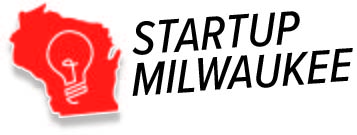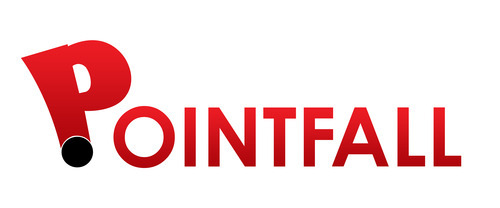by Karen Oliva

Maryann and Emily are avid travelers and co-founders of ubumm, an advising service dedicated to enhance, simplify and unify the study abroad experience for students.
While studying abroad for nearly eight years combined, ubumm was brought to life through their passion for creating a networking tool that provided insightful information on how to budget, improve and simplify experiences abroad.
Both Maryann and Emily continue to journey as they move and headquarter into Milwaukee.
ubumm was accepted into the inaugural class of the Startup Milwaukee Mentorship Program. I asked Maryann about her experiences in the Mentorship Program, travels abroad and the path that lead to ubumm.
How did ubumm come about?
One night while we were living on Lake Como in Italy, over a bottle of Italian red, we were discussing how difficult it was to meet fellow student travelers abroad. There was no platform for students to connect and help each other while they were abroad to save them money and time.
For example, we recalled how different my initial study abroad experience was compared to Emily’s, who spoke the language and had been to Italy before. Emily was able to travel to Capri on 150 Euros while I paid 300 Euros through the university, and Emily was able to explore more of the island then I was. The reality is, when you first arrive in a new country, universities handle most of your necessities which can be costly. But if I had known students that were traveling at the same time, students who had been to Capri before, or students that were staying in Capri, I would have saved a lot of frustration and money.
From this, ubumm was born. We decided there was a necessity for students to connect while abroad and we want to facilitate those interactions.
Where did you start and why did you choose to move ubumm to Milwaukee?
Emily and I started in Lake Como and moved back stateside in 2011. Emily is from Wisconsin and I am from Florida. Initially, we have been working apart for two years, putting all of our waitress money and off hours into the business. A few months ago, Emily applied for Startup Milwaukee’s Mentorship Program and we have been pursuing Milwaukee ever since our acceptance into the program. Moving to Milwaukee just makes sense. Our mentors and programmers all reside in Milwaukee, which makes it a win-win! Not to mention the Milwaukee tech scene is very welcoming.
What are your upcoming goals and how does Milwaukee play a role in them?
We will be launching our mobile applications by the end of October. We hope this launch will allow students to connect around the world. Sasquatch Studios, our programmers based in Milwaukee, are an essential part of this project. In addition, our mentors are helping us reach our goal with their advice and support.
In fact, on November 16 we’re having a study abroad workshop at the Translator offices in Milwaukee to assist students and showcase our application. Our mentors have been essential in helping us create this event.
What do you think about the Milwaukee startup scene?
The startup scene in Milwaukee seems to be a very tight-nit community, but an open one. Everyone we have met in the Milwaukee startup scene has been very friendly and welcoming—making it easier for us to make connections, grow our business and develop our entrepreneurial skills.
What are you looking forward to as you continue participating in the Startup Milwaukee Mentorship Program?
So far our mentors have been the most valuable part of the program. Our mentors have offered invaluable advice and are always willing to lend a hand. We hope to keep growing these relationships and Startup Milwaukee has been the key in fostering these relationships with their events and networking opportunities. We are excited to continue learning and growing from the program.
 Connect with ubumm:
Connect with ubumm:




